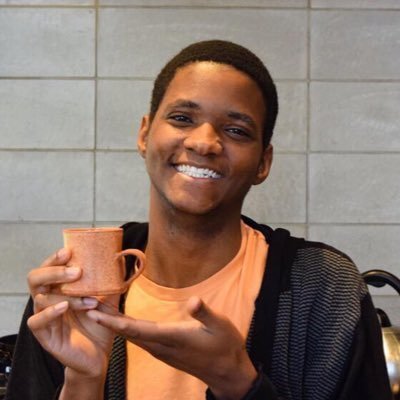As promised in my last blog, and consistent with FRN’s commitment to transparency in our learning, I wanted to share the surprising results of our Atlanta Local Gleaning Pilot #1. As a refresher, FRN will be running three local gleaning pilots throughout the summer and fall to help us best determine, how can we move the most fresh produce, to feed the people in the most need, fastest?
Pilot #1 primarily consisted of paying local small farmers directly for the labor to glean surplus produce and transport it to Atlanta hunger-fighting partners in the areas with the most need (as determined by the Atlanta Mayor’s Office of Resilience). Our hypothesis was that across the twelve weeks of summer (June-August), we could move about 10,000 pounds of food. What we found was striking.
We moved 15,000 pounds of food in three weeks.
Here is what we learned:
Learning #1: It takes time to find the right partners to accomplish our goal. Our outreach to local farmers began in earnest in January 2021 and we thought it would take about 2-3 months to find a farming partner. We finally found our farming partner, 5 A’s Veggies & Produce of Waynesboro, GA, in May, about double the time we anticipated.
Learning #2: While we found many hunger-fighting nonprofits willing to take the surplus food, they were not necessarily in the areas of the highest need. Nonprofit partners we prioritized, which were located in the areas of the highest need for access to more fresh produce (according to Feeding America), were often staffed by volunteers and did not necessarily have the infrastructure (i.e. staff to receive food on an “off day”, refrigeration, ability to move the particular volume of food within a given day, etc.) to amend itself to a pilot program.
Learning #3: A community partner is essential. When we shared our challenge of finding a nonprofit partner within the areas of the greatest need with both our partners the Atlanta Mayor’s Office of Resilience and EPA Southeast Office, we had three new nonprofit recipients identified within 72 hours. This would not have been possible without those closest to the community being able to contact community leaders whom FRN would otherwise not have known.
Want to know more about our farming partner? Or our nonprofit partners on the ground in Atlanta? Check back for more in a few weeks and we will keep you posted on the results of Pilots #2 and #3.











